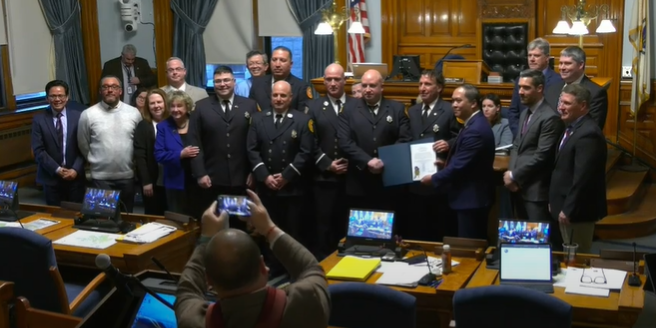
1. Recognition for LFD and Two Citations
The meeting kicked-off with a full house as members of the Lowell Fire Department were on-hand for recognition of their heroic rescue efforts at the Maude Street fire on March 3, 2022. Tragically, a four year-old girl died in the fire. However, three other children and two adults were rescued from the blaze. Each Councilor extended heartfelt thanks to the entire fire department. At the risk of sounding corny, this was truly the city at its best.
Next, citations were provided to two Lowell businesses at the opposite ends of their life-cycle. On March 31, Lowell’s last independent hardware store will be closing its doors for good. The Gagnon family, who owned and operated AG Hardware on Lakeview Avenue were recognized for 68 years of operation. AG was a Centralville institution and my go-to spot for buying Benjamin Moore paint. In addition, it was a convenient alternative to the self-checkout hell of the big box stores.
On a more positive note, Golden Tea Cafe was welcomed to the Lowell business community. The cafe, located at 366 Merrimack Street serves soft drinks and deserts and will make my list of places to check out.
2. LHS Loan Order Approved & News on Alternative Funding
A public hearing was held relative to a submission by the City Manager for approval of an amended loan order in the amount of $381,967,231 – an increase of $38,568,011 to the May 7, 2019 loan order. The hearing and vote came on the heels of a joint editorial in the Sun by Manager Donoghue and Superintendent Boyd seeking approval. The increase is to fund costs that are the direct result of Covid-19’s impact on overall inflation in the construction market. Amending the loan order is necessary to keep the project on schedule, as the Guaranteed Maximum Price (GMP) needs to be finalized in April. Apparently, once the GMP is set, the City is protected from future increases.
There were no residents speaking in opposition to the amendment. Speaking in favor was Alison Lamey, Executive Director of the Lowell Development & Financial Corporation. Ms. Lamey made the convincing argument that the cost of “doing nothing” on the amendment will prove much higher in the long run. Specifically, it’s necessary to complete the project as designed for the city to remain competitive with surrounding communities.
Though nobody was happy with their vote, credit is due to the Council for stepping-up and supporting the amendment. The amendment ultimately passed 11-0. I’m not sure that there was a reasonable alternative – a “no” vote would have created more problems than it would have solved. In addition, it would hand the new City Manager a crisis as soon as he takes office.
In addition, Councilor Gitschier and Councilor Scott noted that over six million dollars of the increase goes to the project managers as they are paid a percentage of the overall budget. Until we are told otherwise, it appears that they are receiving a six million dollar “bonus” for our misfortune.
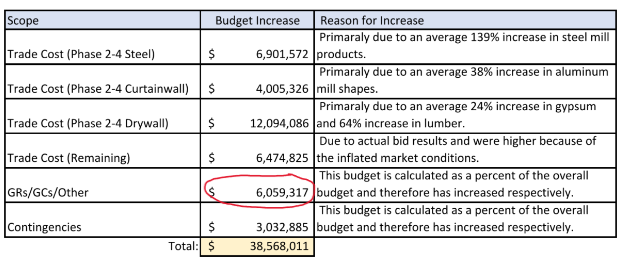
Finally, approval of the amended loan order will not prevent the City from seeking other funding sources to offset these increased costs. Indeed, Manager Donoghue provided an update on recent efforts undertaken on this front. Working with Rep. Trahan’s office, the city received a verbal opinion from the U.S. Department of Treasury that use of ARPA funds would be permissible to cover for the increase. Further, it is also possible that there may be a path forward on the state share of the project cost as well.
3. Cawley Stadium Funding
A portion of the American Rescue Plan (ARP) provided a $1.9 trillion package of assistance measures, including $122 billion for the ARP Elementary and Secondary School Emergency Relief (ARP ESSER) Fund. The LPS share is about $63 million.
In response to a request by the Council, Manager Donoghue met with Superintendent Boyd to discuss the prospect of Lowell Public Schools contributing to essential renovations at Cawley Stadium. The proposal was for the city to contribute 50 percent of the cost through ARPA funds, and LPS to kick in 50 percent with ESSER funds. However, Superintendent Boyd rejected the proposal, citing other priorities for the funds.
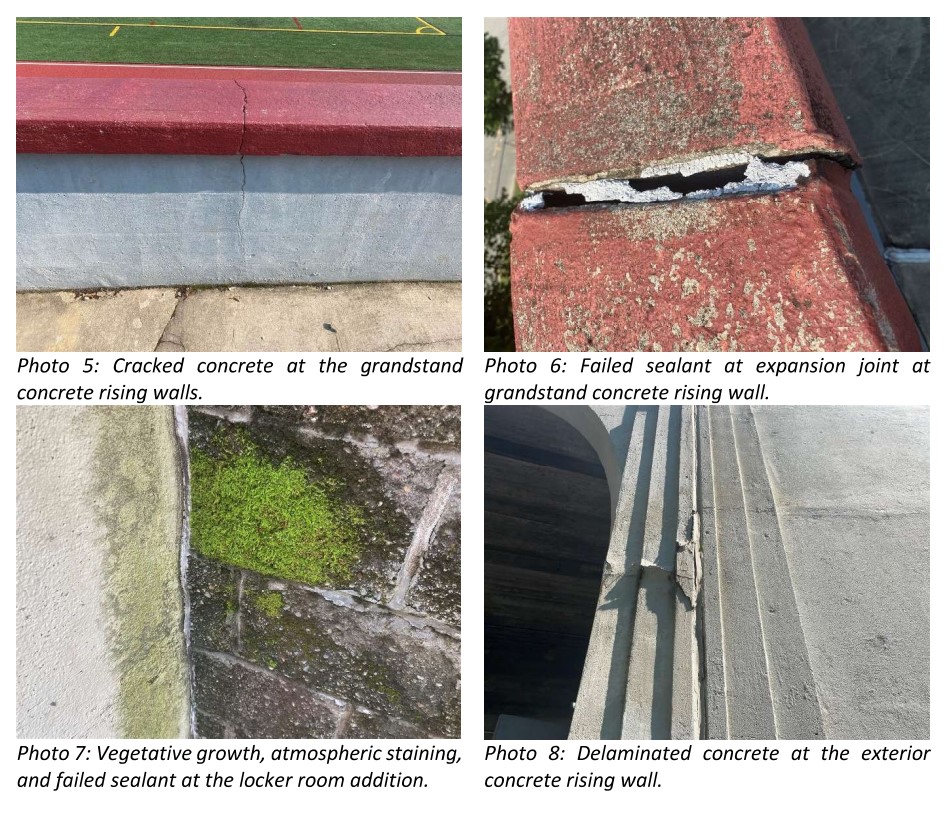
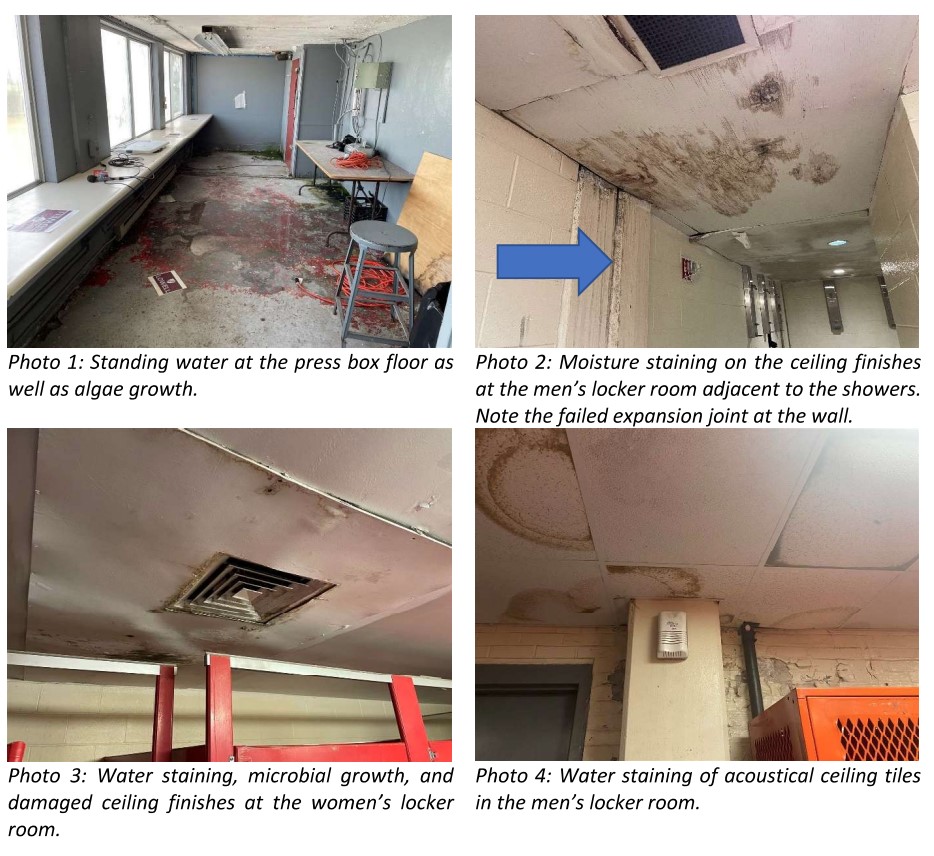
Several councilors (most pointedly, Councilor Leahy) expressed frustration with Superintendent Boyd for his position. As evidenced by the Gale Report (filed in January 2022), it is unacceptable that LPS students are forced to use these facilities. The argument advanced by Alison Lamey earlier in the evening could just as easily apply to the stadium. Investment in our athletic facilities increases civic pride, improves quality of life for our students and ensures that we are competitive with surrounding communities. As such, it’s frustrating when the superintendent of schools is not willing to use a small portion of ESSER funds to improve a facility that almost exclusively exists to serve LPS students. As noted by Manager Donoghue, the city’s “bandwith” for dealing with capital improvement projects is limited and some assistance would be warranted on this project.
In addition, we revisited the trope that the city is “landlord” and the schools are the “tenant.” This is an imperfect analogy as the schools are a tenant that pays no rent. Further, the “tenant” recently came into a windfall of once-in-a-lifetime cash. This situation highlights the absurdity of what is often an adversarial city vs. school financial relationship. Both entities are part of the same municipal government that should be working together to provide the best result for the students. To that end, there was another motion response detailing ongoing efforts to encourage collaboration between the city and the schools.
4. Net School Funding
Speaking of schools and funding – Net School Spending (NSS) is the amount of total spending by the city into its school system. As per a report provide to the Council, the Department of Elementary and Secondary Education (DESE) has recently published the net school spending compliance reports for cities and towns in Massachusetts for the fiscal year 2021. For the 7th consecutive year, the City of Lowell has exceeded the required spending level – by $6.5 million:
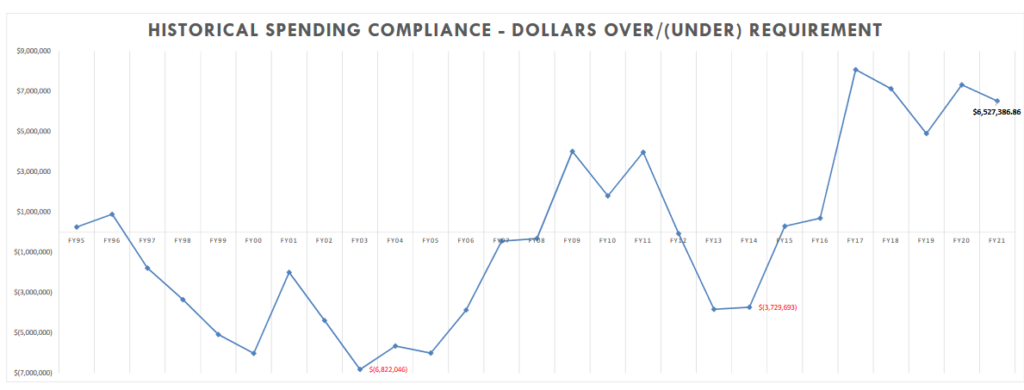
Conor Baldwin, our Chief Financial Officer (CFO) noted that the city is currently well above our peers in this regard. When viewing the chart above, we are reminded hat this was not always the case. However, Councilors Drinkwater and Scott noted that there were indications that the spending could slip. Specifically, the following paragraph warrants attention:
“As we refine our FY2023 projections, one strategy for balancing the need to invest in the
maintenance of our municipal facilities, including the schools, while also funding rising
assessments for education-related spending on charter schools; is to reduce the cash contribution
to the schools and direct that funding to the DPW and the cherry sheet assessments for FY2023.
Such a strategy would still allow the city to exceed the required spending on the public schools—
albeit by a lesser margin—but would mitigate the need to fund these other critical needs without
overly burdening the tax levy.”
It will be a challenge for the next city manager to balance our maintenance needs without slipping in the area of NSS.
5. Open Space Prioritization
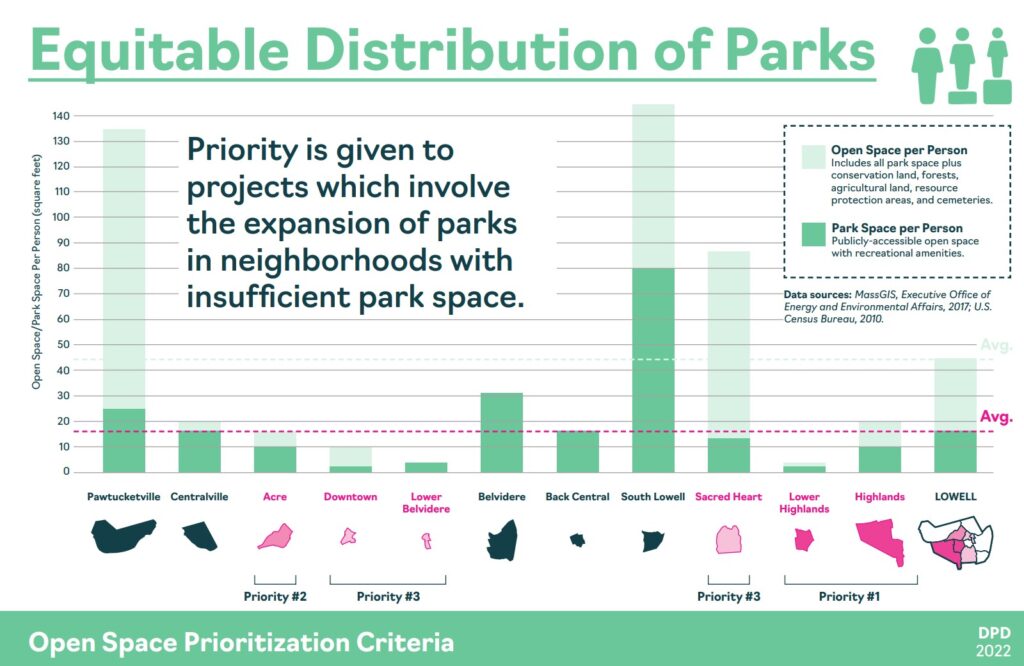
I’m running out of steam and time on the recap (some weeks are easier than others), but there was a report filed in conjunction with a motion response relative to the prioritization of projects from the Open Space and Recreation Plan. The report compiled by the DPD is very well done and is worth checking out.
